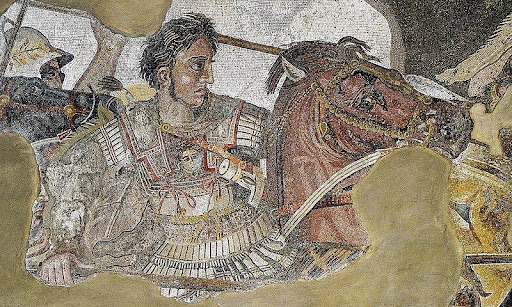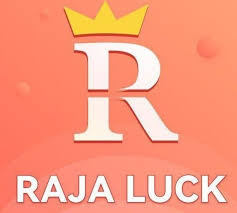Craving Control: The Hunger for Power
Power.
Power is one of the most intoxicating and transformative forces in humanity’s history, shaping the trajectory of civilizations, relationships, and individual lives. Politicians, emperors, and influential leaders throughout time have craved it because it offers them the ability to navigate and manipulate social dynamics, establish control over relationships, and shape the identities of both themselves and others. The struggle for power is not merely a superficial endeavor; it is, at its core, a primal and instinctive quest for dominance over others, fueled by deep-seated desires and ambitions.
This drive for control is rooted in our biological instincts for survival, our physiological need for security, and our societal conditioning to value status and influence. However, within the relentless pursuit of power lies a profound duality—one that evokes a timeless and complex moral dilemma. Power has the potential to uplift and inspire but also to corrupt and destroy, making its pursuit both alluring and fraught with peril.
Origins
First, let’s understand where this hunger for power stems from. Evolutionarily, the need for power can be traced back to our primal instincts for survival and reproduction. Control over resources, such as food, water, and shelter, has always been crucial for ensuring the safety and well-being of an individual or group. Similarly, maintaining social standing and dominance over territory provided early humans with greater opportunities to thrive in a hostile and unpredictable world. This drive for control is not merely a relic of the past; it has evolved and adapted to modern society. Today, while most of us are no longer battling for survival in the wilderness, this intrinsic need manifests in different ways. It influences how we navigate our careers, establish our identities, and manage our relationships. Whether it’s climbing the corporate ladder, seeking social validation, or asserting influence over others, the desire for power is deeply woven into the fabric of human behavior, reflecting an extension of that ancient drive for dominance.
Throughout history, we have witnessed countless individuals whose insatiable hunger for power left an indelible mark on the world. Figures such as Julius Caesar, one of the most iconic leaders of ancient Rome, demonstrated how the pursuit of power could reshape entire nations and alter the course of history. Caesar’s political cunning, military prowess, and relentless ambition allowed him to ascend to unprecedented heights, ultimately transforming Rome into an empire. Similarly, Alexander the Great, whose unyielding thirst for conquest propelled him to create one of the largest and most influential empires the world had ever seen, exemplifies how this drive for power can lead to extraordinary achievements. Yet, their stories also remind us of the consequences that accompany such ambition, as the quest for power often brings with it significant moral, social, and personal challenges.
That being said, it is also essential to understand the downsides of power.
Absolute Power
There is a famous saying that goes, ‘Absolute power corrupts absolutely.’ This profound statement captures the essence of the human condition when it comes to the insatiable hunger for power. The desire for dominance, control, and influence is often a bottomless pit, one that is nearly impossible to fill. Once someone tastes power, the craving for more becomes an all-consuming cycle that can spiral out of control. It pushes individuals to make increasingly questionable decisions, sacrificing morality and ethics in the relentless pursuit of maintaining or expanding their authority. History is riddled with examples of this phenomenon, from corporate moguls who exploit their workers and manipulate markets for personal gain to notorious dictators who wreak havoc and destruction in their obsession with absolute rule. Each serves as a grim reminder of the setbacks and tragedies that occur when the thirst for power overrides one’s moral compass, leading to catastrophic outcomes for themselves and others.
Andrea, the central character in V. C. Love’s riveting novel, The Countess of Stonemason, is a poignant example of this universal truth. Andrea, a rather peculiar and enigmatic girl with royal blood coursing through her veins, is consumed by her ambition and relentless hunger for power. Her unyielding determination and stubborn nature drive her to seek control over all aspects of her life and the world around her. Yet, this quest for dominance has a perilous edge. As Andrea’s aspirations grow, so does her willingness to venture into uncharted and dangerous territories. In her obsessive pursuit of power, she begins to descend into madness, her once-clear vision clouded by delusion and desperation. To make matters worse, Andrea dabbles with dark and forbidden forces, sealing her fate in a manner that is both tragic and haunting. Her story serves as a chilling cautionary tale, a timeless legend of how the unchecked thirst for power can lead to one’s ultimate downfall.
To learn more, check out The Countess of Stonemason, now available on Amazon.










Post Comment